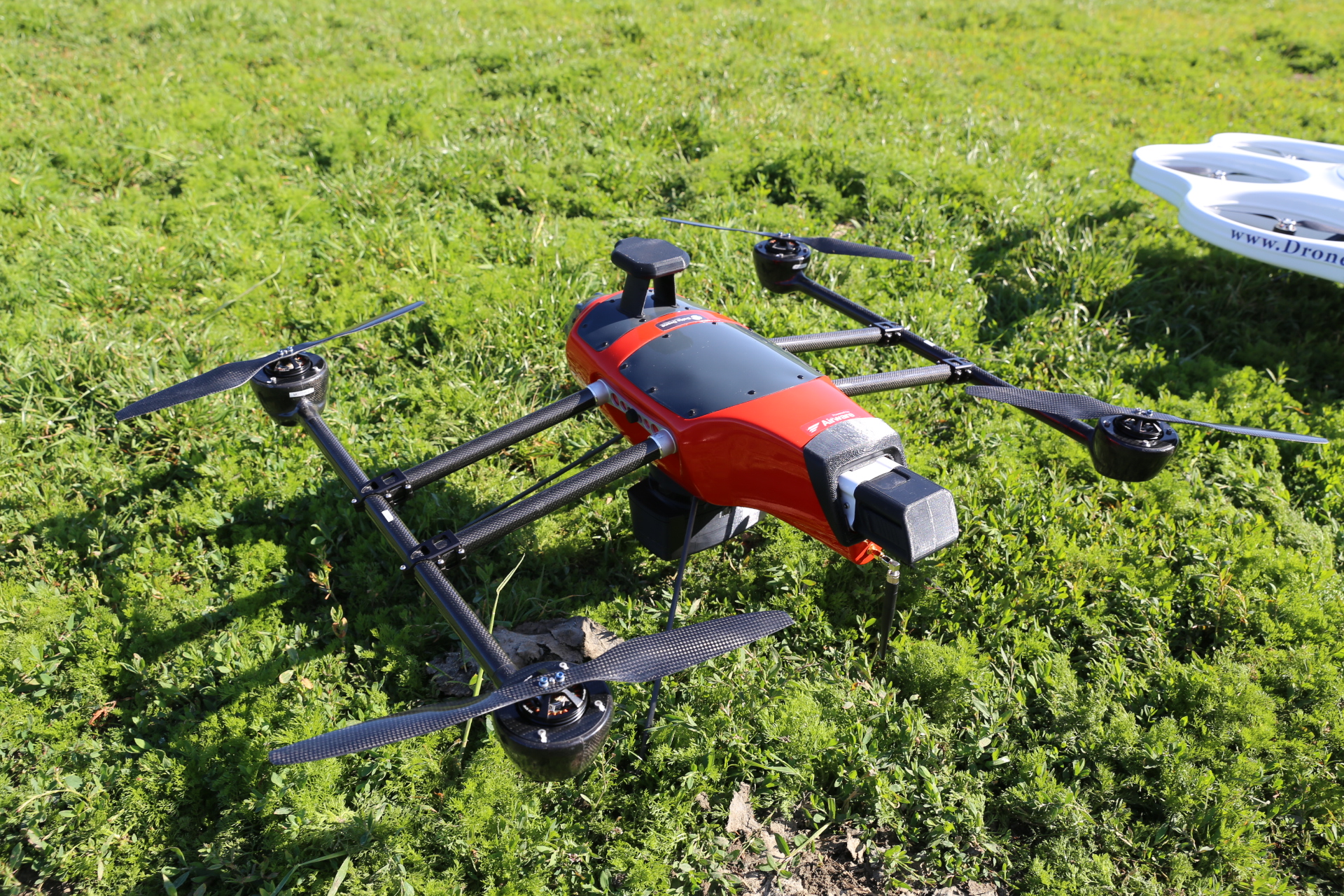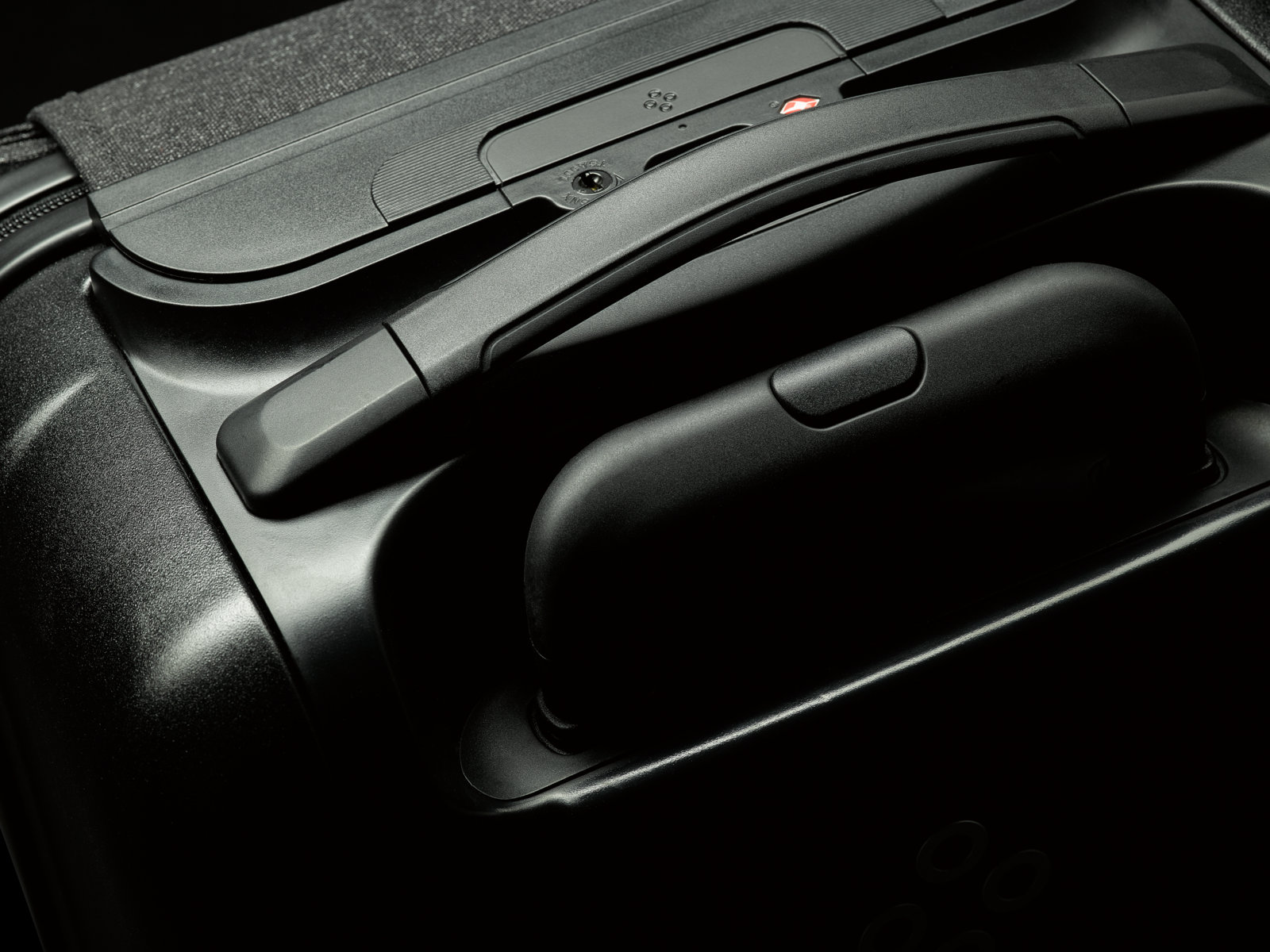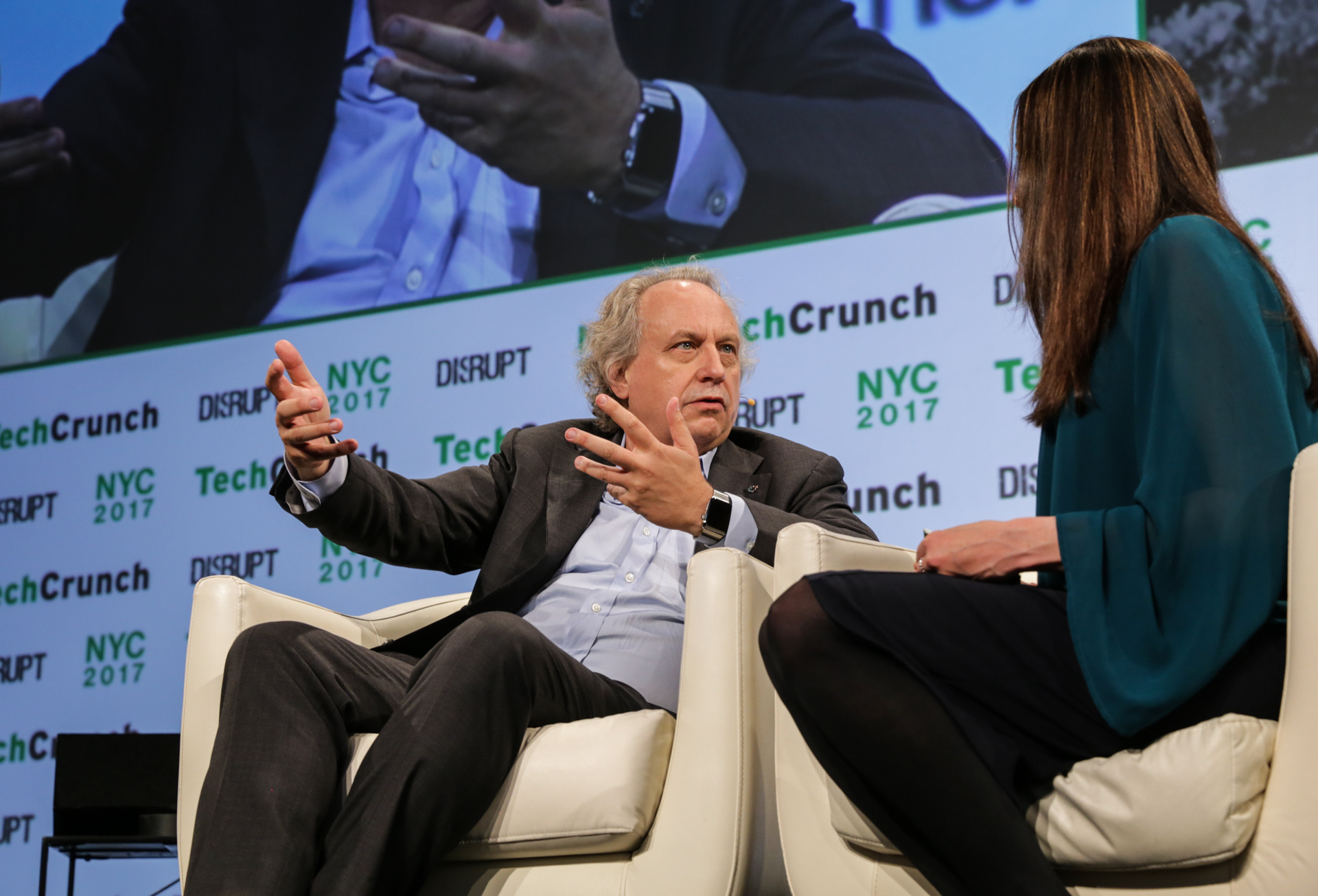
Remembering the startups we lost in 2018
There are few thoughts in this nature much harder than propelling a successful startup. It takes endowment, know-how, money and a blaze of a good deal of good timing and luck. And even with all of those mystical factors in place, the curious may still be against you.
At TechCrunch, we take pride in flooding the best and brightest of the startup world. But while submerge the startup life is one of the most exciting and fulfilling parts of our errand, death is part and parcel of any life cycle. Sadly , not all startups that ignite light ultimately make it. In information, most don’t.
As we wrap up this year and look forward to the next, let’s take a moment to remember some of those startups we lost in 2018.
Airware( 2011 -2 018)
Total Grew: $118 million

Airware created a cloud software system to help construction firms, mining operations and other endeavor customers use drones to inspect material for shattering. It too tried to build its own hums, but found that it couldn’t compete with monsters like China’s DJI.
The shutdown appears to have been very abrupt, coming exactly four eras after Airware opened a Tokyo office, with an investment and partnership from Mitsubishi. In the following statement, the company said, “Unfortunately, the market took longer to mature than we expected. As we worked through the various types necessary pivots to outlook ourselves for long-term success, we ranged out of business runway.”
Blippar( 2011 -2 018)
Total Conjured: $131.7 million

Blippar was one of the early founders in augmented world, but regrettably the AR market has yet to live up to the hopes for mainstream adoption. And despite raising a funding round the beginning of this year, the startup was apparently losing money abruptly as it sought new customers.
Not helping substances was some shareholder theatre, where situations of emergency flow of$ 5 million was locked by Khazanah, a tactical investment fund from the Malaysian authority. In a blog berth, the company said this was “an incredibly sad, disappointing, and disastrous outcome.”
Bluesmart( 2013 -2 018)
Total Conjured: $25.6 million

One of its most important casualties of the FAA’s ban on smart luggage, this New York-based startup was forced to close its doors in May. CEO Tomi Pierucci was extremely outspoken when airlines started to enforce the new guidelines early this year, announcing the story “an absolute travesty.”
From the standpoint of Bluesmart, he was right. The startup croaked all-in on connected luggage, and ultimately learnt it was not possible to to adapt when battery backpack were no longer stood on flights. The startup discontinued all marketings and manufacturing, exchanging what was left of its tech, layouts and IP to luggage giant TravelPro.
Doughbies( 2014 -2 018)
Total Caused: $760,000
Things came deteriorating down for San Francisco-based Doughbies in July, when the 500 Startups-backed, same-day cookie give busines announced it was shutting down immediately. But it wasn’t because the startup move out of money. Doughbies was actually profitable. Instead, its founders, Daniel Conway and Mariam Khan, just wanted to move onto something new.
TechCrunch’s Josh Constine argued at the time that Doughbies really didn’t need venture endorse and that persuade to hand adequate returns may have weighed more heavily on Doughbies than it was willing to admit. RIP Doughbies.
Lantern( 2012 -2 018)
Total Developed: $21.5 million

Like many neglected startups before it, San Francisco-based Lantern was forced to shutter operations after an buy agreement descended through. The mental health issues startup, founded by Nicholas Bui LeTourneau and Alejandro Foung, had raised millions in risk capital funding from the University of Pittsburgh Medical Center’s venture arm, Mayfield and SoftTechVC, but failed to follow through on its promise.
What was that predict? To render personalized implements to deal with stress, distres and figure image based on cognitive behavioral therapy techniques via a portable work. Despite being an early mover in a now exceedingly horded land of mental wellness apps, Lantern wasn’t able to find enough customers to survive.
Lighthouse AI( 2014 -2 018)
Total Created: $17 million

Smart security camera maker Lighthouse AI had a predicting produce with a natural language processing organisation that allowed users to navigate their footage. But the committee is also faced a packed marketplace, and it seems customers didn’t espouse the commodity. The fellowship announced this month that it’s winding down.
“I am improbably proud of the groundbreaking succeed the Lighthouse team achieved- delivering handy and accessible knowledge for our residences via advanced AI and 3D sensing, ” wrote CEO Alex Teichman. “Unfortunately, we did not attaining the commercial-grade success we were looking for and will be be closed down procedures in the near future.”
Mayfield Robotics( 2015 -2 018)
Total Developed: N/ A

Mayfield, which was initially part of Bosch, procreated the charming dwelling robot Kuri. Nonetheless, it announced in July that it would stop manufacturing Kuri, and keeping up with an announcement that it would cease procedures absolutely.
” Our unit is beyond frustrated ,” the company said in a blog upright.” Together we’ve squander the past four years designing and construct not only Kuri, but too an equally stupendous busines culture and flavor .”
Rethink Robotics( 2008 -2 018)
Total Caused: $149.5 million

A major player in industrial robotics, Rethink was founded by iRobot co-founder Rod Brooks and onetime MIT CSAIL staff researcher Ann Whittaker. The Boston area startup originated into one of its important actors in both the concerted and school robotics seat, kindnes of inventions like Baxter and Sawyer.
Ultimately, however, the company sufficed as yet another testament to just how difficult it is to start a robotics startup. Even with gorgeous brains and nearly $150 million in funding, the company couldn’t turn enough profit to stay afloat. A last-minute planned acquisition precipitated through, and Rethink was forced to close up supermarket in October.
Theranos( 2003 -2 018)
Total Heightened: $1.4 billion

Startup fibs don’t come more film-ready than this. Even before it officially closed its openings, Theranos was set to be the subject of a journal, documentary and an Adam McKay-directed feature film starring Jennifer Lawrence as benefactor Elizabeth Holmes. Holmes founded the company in 2003, predicting a breakthrough in blood measuring. By senility 31, she grew the world’s youngest self-made billionaire.
Theranos would go on to raise $ 1.4 billion, with a $10 billion valuation at its peak. In 2015, medical professionals began to mount disapproval against the company’s procedures. The subsequent fiscal year, the SEC began investigating Theranos, eventually accusing it with “massive fraud.” In September, the company finally called it ceases, with Holmes agreeing to pay a $500,000 penalty, while being barred from serving as law enforcement officers or administrator of a public companionship for 10 years.
Shyp( 2013 -2 018)
Total Heightened: $62 million

NEW YORK, NY- MAY 06: Co-founder and CEO of Shyp, Kevin Gibbons speaks onstage during TechCrunch Disrupt NY 2015- Daytime 3 at The Manhattan Center on May 6, 2015 in New York City.( Photo by Noam Galai/ Getty Images for TechCrunch)
A $250 million valuation and uppercase from some of best available investors( Kleiner Perkins, Slow Ventures) failed to keep on-demand carrying startup Shyp from dissolving. The San Francisco-based startup parent various rounds of venture capital amid a major publicity cycles/second for on-demand ship companionships, but wasn’t able to magnitude successfully beyond the Bay Area.
” To this day, I’m in awe of the verve the team owned in tackling a 200 -year-old industry ,” CEO Kevin Gibbon wrote at the time.” But, growing at all costs is a dangerous net that numerous startups fall into, mine included.”
Telltale Games( 2005 -2 018)
Total Collected: $54.4 million

Over the past few years, Telltale Game seemed to reinvent undertaking gaming, adapting big rights like The Walking Dead, Game of Thrones and Batman into intermittent floors where actors’ preferences seemed to have real weight. It even partnered with Netflix to make a explanation of “Minecraft: Story Mode” to the streaming service.
But it seems the company has had longstanding business publications, with 90 employees laid off in November 2017, then another 250 “lets get going” in September of this year. Although a skeleton gang remained employed to finish the work for Netflix, it looks like Telltale is dead. And the fact that those hires were let go without severance seems to reinforce an earlier report of lethal control.
Read more: feedproxy.google.com

